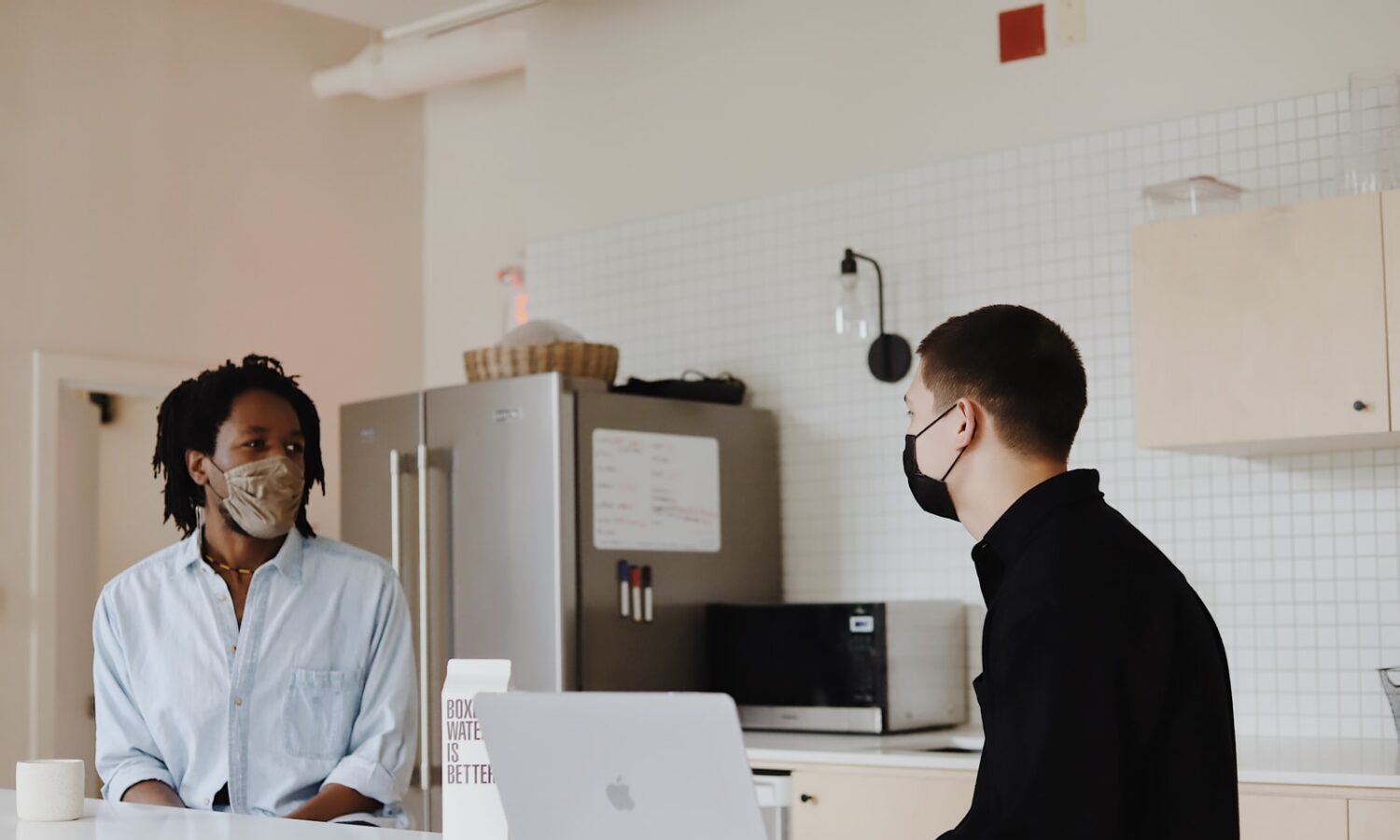
People with this condition appear to have a lower risk of contracting COVID-19
Viruses act in unpredictable ways, affecting some people more than others. In the case of SARS-CoV-2, which is responsible for COVID-19, researchers have been trying to gain a better understanding of it since it first surfaced.
A new study reveals some interesting evidence about the type of people affected by the SARS-CoV-2 virus and highlights a group of people who have an interesting benefit.
Data conducted by the National Institutes of Health (NIH) found that people with allergies had an advantage. The study used data from over 4,000 people and found that participants with food allergies were half as likely to be infected with COVID-19 compared to those without allergies.
Photo by Mojpe via Pixabay
RELATED: Here’s a place you’re more likely to contract COVID
“[T]He observed an association between food allergy and the risk of infection with SARS-CoV-2, and between body mass index and that risk, and deserves further investigation,” said Anthony Fauci, director of the NIH.
The study found other interesting findings, including the fact that people with asthma, another allergic condition, were not at a higher risk of contracting the virus. This finding is surprising considering asthma is a respiratory disease, something that from what we know about the virus should make people more sensitive and susceptible to it.
There are some theories as to why people with allergies, especially food allergies, have better protection against SARS-CoV-2. The study, which was based on self-reports and self-disclosure supported by blood tests, showed participants with allergies had antibodies linked to their allergies. Researchers theorize that people with food allergies may have lower levels of a receptor that the virus normally attaches to and are therefore better protected from it.
“It is not known whether this is also the case in people with food allergies, but it is tempting to speculate that type 2 inflammation, a hallmark of food allergies, might reduce airway ACE2 levels and thus the risk of infection.” , the researchers wrote.
RELATED: Drinking is linked to longevity, even when sweetened with sugar
The study doesn’t provide conclusive answers, but it is an interesting way to provide more ways to protect people from COVID-19.

Post a comment: